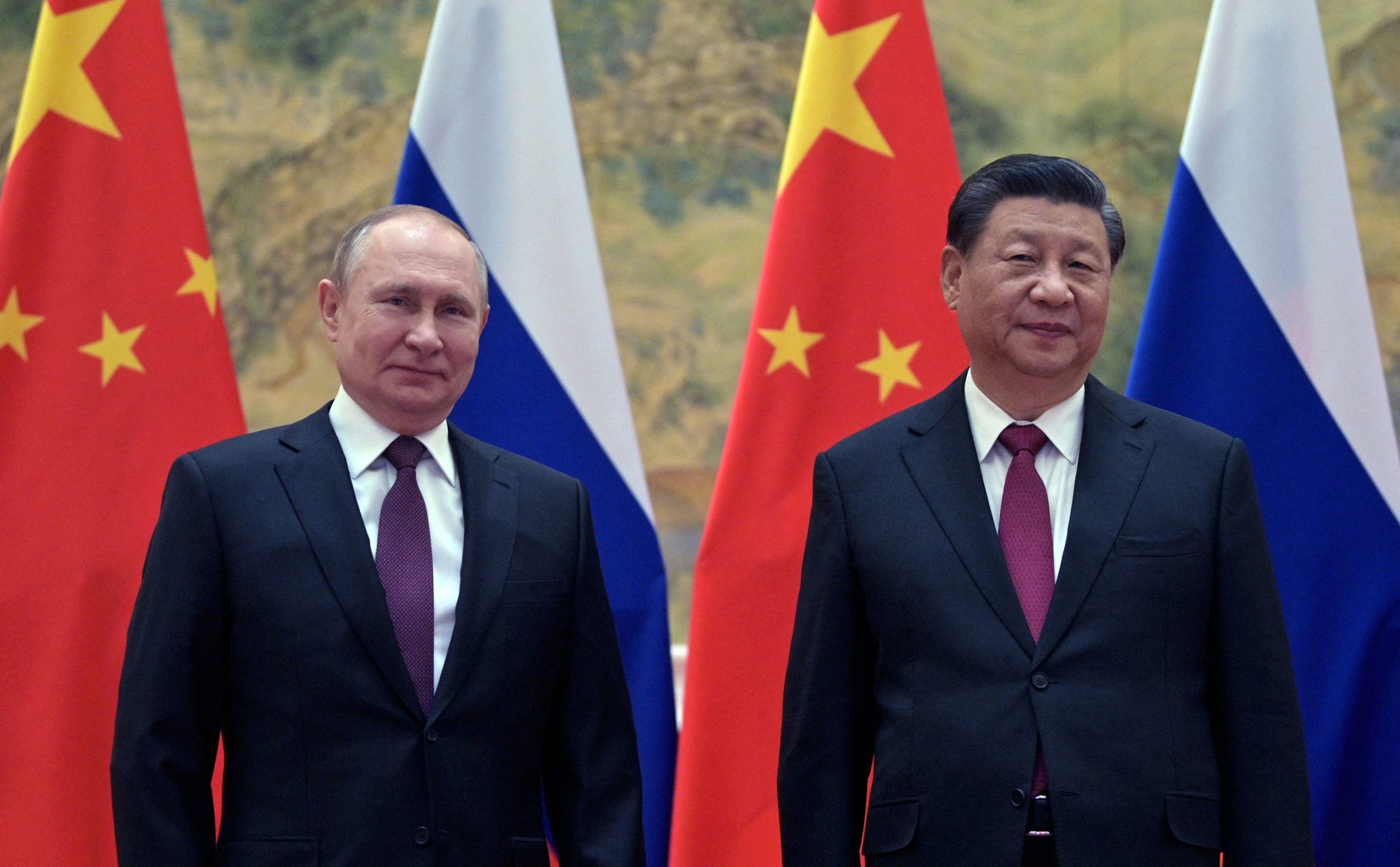Canada is no stranger to global geopolitical shifts, but recent developments signal a major turning point. In a decisive move, Canada has taken drastic action to deter threats from Russia and China, aiming to bolster national security and protect its sovereignty in the face of escalating international tensions.
National Security Under Pressure
Canada’s new strategy didn’t come out of nowhere. Mounting concerns over cyberattacks, disinformation campaigns, and aggressive military posturing by Russia and China have put Canadian defense and intelligence agencies on high alert. Ottawa has long monitored interference in democratic processes and critical infrastructure, but recent actions mark a more aggressive stance.
This drastic decision includes increased defense spending, a stronger NATO alignment, expanded cybersecurity frameworks, and closer intelligence-sharing with allies such as the U.S. and the U.K. The government has also introduced more restrictive foreign investment rules, especially in sensitive sectors like telecommunications, AI, and energy.
What Sparked Canada’s Response?
The tipping point came after multiple high-level intelligence briefings revealed increased espionage activities on Canadian soil. CSIS (Canadian Security Intelligence Service) has reported ongoing cyber intrusions believed to be linked to Chinese state actors. Meanwhile, Canada’s military officials have flagged Russian activity in the Arctic—a region where Canada holds significant strategic and economic interests.
These threats go beyond traditional warfare. The digital battlefield is now where influence is wielded, and Canada is arming itself accordingly.
The Arctic: A Strategic Flashpoint
One key area driving Canada’s drastic decision is the Arctic. Melting ice is opening new shipping routes and resource access, drawing attention from both Russia and China. Russia has militarized parts of the Arctic, while China declared itself a “near-Arctic state”—a term that raised eyebrows in Ottawa and Washington alike.
To deter further incursions, Canada is investing in advanced surveillance systems, upgrading military outposts, and participating in joint patrols with NATO partners. The goal is clear: signal strength and reaffirm control over the North.
Cybersecurity and Infrastructure Defense
The digital threat from China and Russia is just as critical as physical aggression. In response, Canada has significantly expanded its cybersecurity budget and rolled out new mandates for private companies operating in key infrastructure sectors. Telecom giants, for example, must now report cybersecurity incidents and adopt stricter data protection standards.
Canada has also banned Huawei and ZTE from its 5G network, aligning with broader Western concerns over security risks.
Final Thoughts
Canada’s drastic decision to deter Russian and Chinese threats marks a shift from cautious diplomacy to strategic defense. The moves are serious, calculated, and built on growing evidence of state-backed aggression. As tensions rise globally, Canada is choosing preparedness over passivity.



